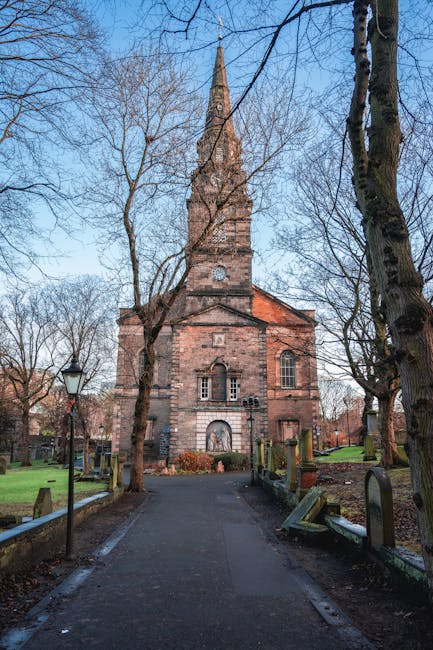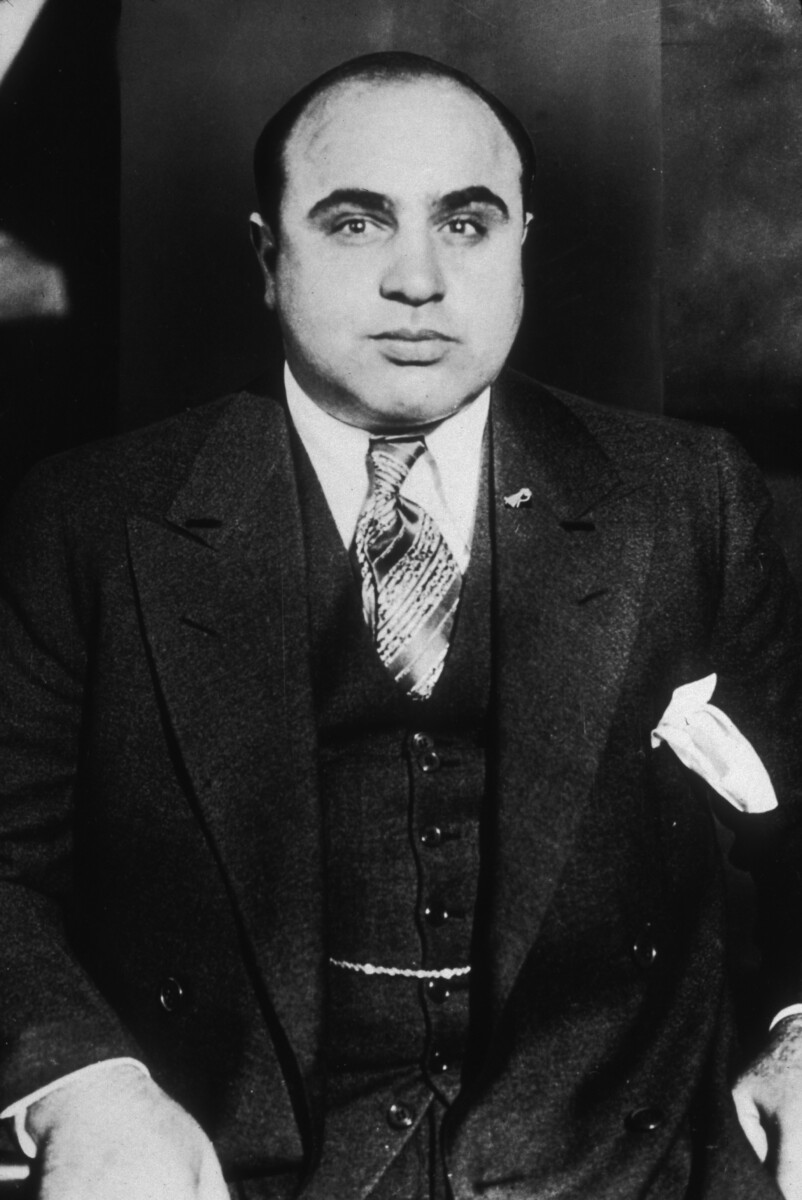Iceland: The Unshakable Island of Peace

Iceland stands at the very top of the Global Peace Index (GPI), and it’s almost hard to believe just how calm life is here. With a GPI score of 1.1 in 2023, Iceland is the world’s benchmark for tranquility. There’s no standing army, and violent crime is almost non-existent. The country’s population of around 400,000 people is tightly knit, fostering a strong sense of community and security. Education and healthcare are universally accessible, and Iceland’s government invests heavily in social equality. The wild, open landscapes and reliance on geothermal energy mean people live in harmony with nature, further reducing stress and conflict. The result is a place where people genuinely trust their neighbors, and the sense of peace isn’t just a statistic—it’s a way of life.
New Zealand: Harmony at the Edge of the World

New Zealand, with its GPI score of 1.2 in 2023, is famous not just for its breathtaking scenery but for its incredibly peaceful society. Crime rates are low, and political violence is almost unheard of. The country’s respect for indigenous Māori culture and commitment to inclusivity create a welcoming atmosphere for all. New Zealanders, or “Kiwis,” prioritize fairness and social support, which helps to keep tensions at bay. The country’s strong environmental laws and policies promote sustainability, making for a cleaner, safer environment. Education and healthcare are prioritized, and the government is stable and transparent. All these factors combine to make New Zealand a place where people feel safe and valued every day.
Portugal: Tranquility by the Atlantic

Portugal has become a symbol of peaceful living, now holding a GPI score of 1.3 in 2023. Over the last decade, the government has worked hard to reduce crime and improve political stability. The Portuguese lifestyle is famously relaxed—locals value community, good food, and a healthy work-life balance. Social welfare programs and a strong public health system ensure that people’s basic needs are met. Portugal’s commitment to international peacekeeping also boosts its image on the world stage. Visitors are often struck by how safe they feel even in the capital, Lisbon, where the pace of life is gentle and welcoming. This is a country where peaceful living is woven into the fabric of everyday life.
Switzerland: The Neutral Heart of Europe

Switzerland’s legendary neutrality isn’t just a political stance—it’s a lived experience for its people, reflected in its GPI score of 1.4 in 2023. The country’s strong tradition of direct democracy means citizens feel heard and involved. Violent crime rates are low, and gun laws are strict yet sensible, contributing to security without fear. The Swiss enjoy one of the highest standards of living in the world, with excellent healthcare and education systems. The country’s pristine lakes and mountains aren’t just for show—they encourage outdoor living and promote mental well-being. Switzerland’s tradition of hosting international peace talks reinforces its reputation as a safe haven for diplomacy and dialogue.
Japan: Order and Harmony Above All

Japan’s GPI score of 1.5 in 2023 reflects a society where order and mutual respect are deeply ingrained. Violent crime is extremely rare, and the country’s police are known for their community-oriented approach. Japanese culture emphasizes harmony, both in personal relationships and in society as a whole. Education is highly valued, and the government invests heavily in disaster preparedness, making people feel safe even in the face of natural threats. Technological innovation is paired with an appreciation for tradition, creating a unique environment where both old and new coexist peacefully. Social cohesion is strong, and the sense of belonging is palpable in communities across the country.
Canada: Diversity and Calm Go Hand in Hand

Canada’s GPI score of 1.6 in 2023 is a reflection of its longstanding reputation for politeness and inclusivity. The country’s multicultural population lives together with relatively little conflict, helped by policies that encourage tolerance and equality. Canada has a robust social safety net, providing universal healthcare and support for those in need. The natural environment—vast forests, lakes, and mountains—encourages outdoor activities and a healthy work-life balance. The government is stable and transparent, and Canada is a leader in international peacekeeping missions. This all adds up to a country where people feel both safe and free to be themselves.
Australia: Peace Down Under

Australia, at a GPI score of 1.7 in 2023, is known for its laid-back lifestyle and welcoming communities. Violent crime is uncommon, and the country’s political system is stable and well-regarded for its fairness. Australians enjoy a high standard of living, with quality healthcare, education, and social services. The country’s commitment to protecting the environment helps foster a sense of shared responsibility and connection. Sports and outdoor activities are a big part of life here, bringing people together and building a sense of unity. The result is a society that feels both safe and vibrant.
Singapore: Safe, Smart, and Secure

Singapore’s GPI score of 1.8 in 2023 reflects its reputation as one of the safest cities in the world. The country’s strict laws and efficient law enforcement keep crime rates exceptionally low. Singapore’s government invests heavily in education, innovation, and infrastructure, making it a global hub for business and technology. The multicultural population lives together in harmony, supported by policies that promote inclusion and respect for all backgrounds. Public spaces are clean and well-maintained, and there is a strong focus on public order. This creates a society where people can walk the streets at any hour and feel completely safe.
Denmark: The Land of Contentment

Denmark, with a GPI score of 1.9 in 2023, is consistently ranked as one of the happiest and most peaceful countries on earth. Social trust is high, and corruption is rare thanks to a transparent government. The country’s generous welfare state ensures that everyone has access to quality healthcare, education, and social support. Danes value community, equality, and environmental responsibility, which all help to maintain social harmony. Even in the bustling city of Copenhagen, it’s common to see unlocked bicycles and relaxed locals. The sense of security and well-being is almost tangible, making Denmark a model for peaceful living.
Norway: Northern Lights and Peaceful Nights

Norway rounds out the top ten with a GPI score of 2.0 in 2023. The country is famous for its high standard of living, supported by a strong economy and a comprehensive welfare system. Political stability and low crime rates are the norm, and Norwegians enjoy some of the world’s best healthcare and education services. The natural beauty of Norway’s fjords and forests encourages a deep respect for the environment and a calm, outdoor lifestyle. The government is committed to social equality, and Norway plays an active role in international peacekeeping. This is a country where people can focus on personal growth, family, and community.
Afghanistan: Living in Relentless Turmoil

Afghanistan’s GPI score was 3.6 in 2023, making it the least peaceful country in the world for several years running. Ongoing conflict, political instability, and the resurgence of the Taliban have created a humanitarian emergency. Millions face food insecurity and lack access to basic healthcare or education. Displacement is a daily reality, with families forced from their homes by violence. The economy is in freefall, and international aid is often blocked or restricted. Reports from the United Nations and World Bank confirm the dire situation, with little hope for immediate improvement. The daily struggle for survival overshadows everything else, and peace is a distant dream for most Afghans.
Syria: A Nation Still at War

Syria’s GPI score of 3.5 in 2023 reflects a country ravaged by more than a decade of civil war. The violence has left infrastructure in ruins, with millions forced to flee their homes. Humanitarian organizations report shortages of water, food, and medical supplies on a massive scale. The government and various armed groups continue to clash, making daily life unpredictable and dangerous. International efforts at peace have repeatedly stalled, and the population is caught in the crossfire. Entire cities have been reduced to rubble, and the trauma of conflict affects every aspect of life. For Syrians, chaos is a constant companion.
South Sudan: Hope Amid Heartbreak

South Sudan’s GPI of 3.4 in 2023 highlights a country struggling to find its footing since gaining independence in 2011. Civil war, ethnic violence, and government instability have plunged the nation into repeated crises. Humanitarian groups estimate that millions are displaced, living in camps with limited access to food, water, and healthcare. The economy is weak, and basic services are often unavailable. International peacekeeping missions try to help, but the situation on the ground remains tense and volatile. Stories from survivors paint a picture of daily hardship, where hope is often the only thing left to cling to.
Summary Data and Ongoing Trends

The Global Peace Index 2023, along with United Nations and World Bank data, underscores that peaceful societies tend to have strong social safety nets, inclusive governments, and stable economies. In contrast, those countries facing the greatest chaos are usually marked by ongoing conflict, weak governance, and significant humanitarian crises. The rankings and scores cited here are based on the latest available research as of June 2025, relying on reputable organizations that monitor global peace and humanitarian conditions. The differences between these countries are stark, and the data paints a clear picture of how peace—or the lack of it—shapes daily life around the world.





